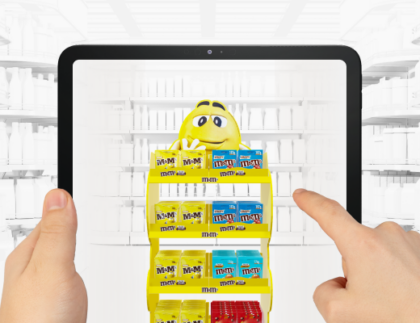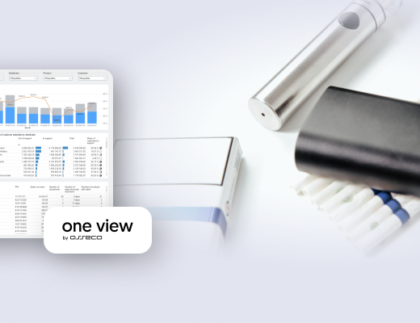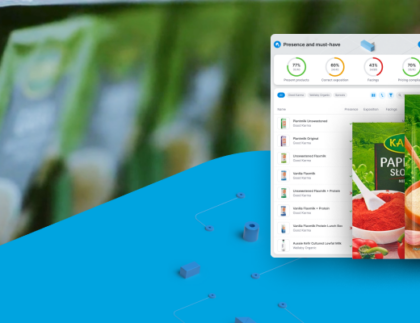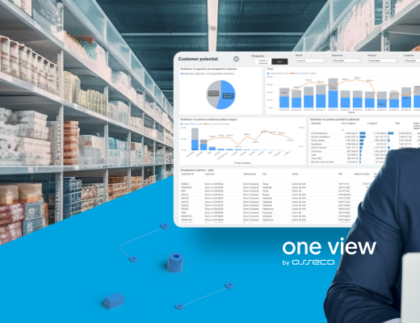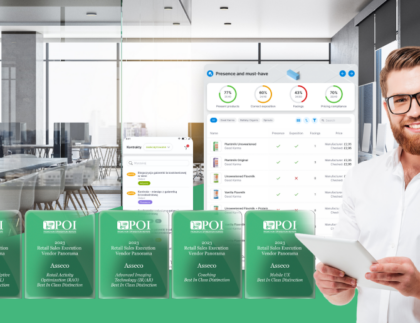
With the proliferation of data driven by the ever-increasing digitisation of processes, the ability to manage demand signals is one of the main strengths that set apart market winners. To be successful, consumer goods manufacturers need to bring together, cleanse and structure data of many types (sell-in & sell-out, inventory, shelf, price & promo, etc.) coming from even more sources and systems (from custom-built software to global enterprise ERP solutions and everything in-between).

Overcoming the challenges that stem from the sheer number of sources and format standards can be a daunting task, yet bringing relevant data together in a way that enables proper analysis is a game-changer for consumer goods companies in many areas:
- Better numerical distribution performance & sales, including new products.
- More granular understanding of competitive dynamics.
- Reduced risk of product outages, through better inventory visibility and timely ordering.
- Trade terms and other incentive plans that are aligned with actual performance.
- A shared understanding of data interpretation, thanks to transparent processing and analysis.
- Proactive identification of high-potential stores (new clients or cross-selling more categories/segments).
- Timely recommendations to field sales teams, enabling a more agile execution.
- Improved compliance with rules & regulations.

By combining the data covering all stages, from production output to shelf sales, FMCG manufacturers can develop a more granular understanding of their performance and improvement areas. Moreover, they can engage with business partners (wholesalers & distributors, retailers, third-party field agents, etc.) more effectively and collaboratively, fine-tuning their Route-to-Market strategy and execution.

Interested?
If you want to explore the Data Integration opportunity more in-depth, please get in touch with us.
Read more about Data Integration by Asseco.
